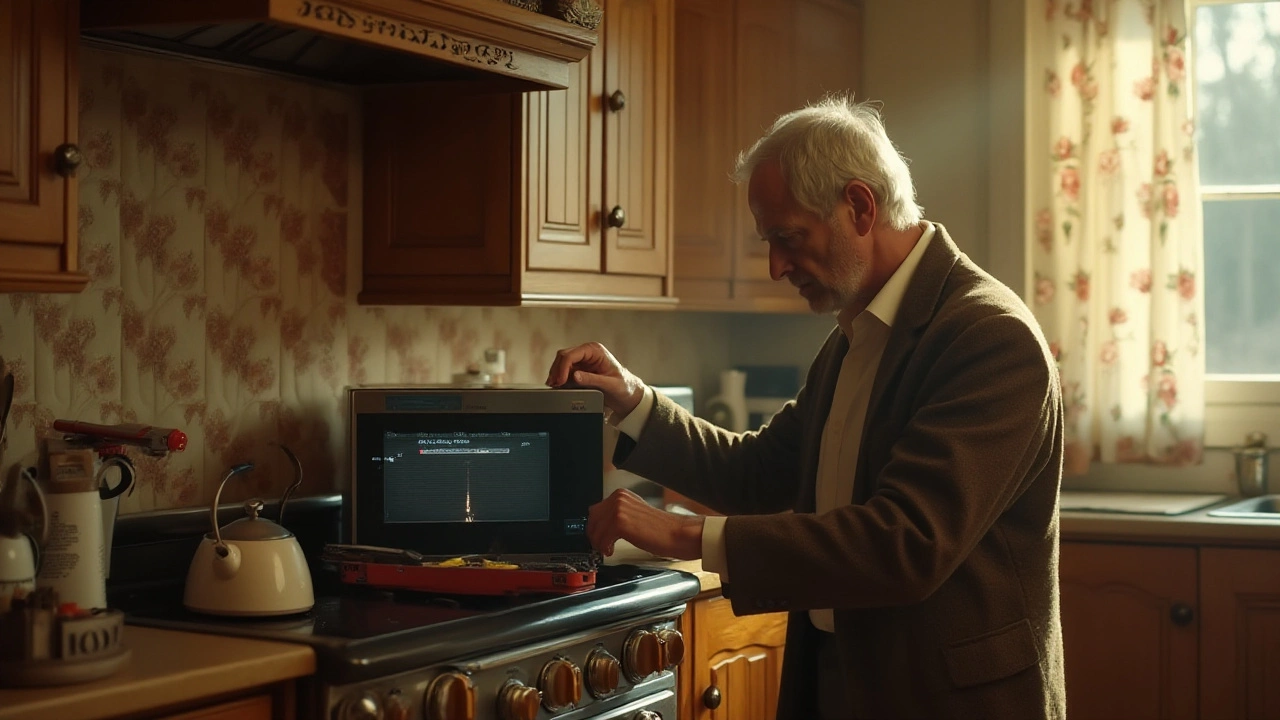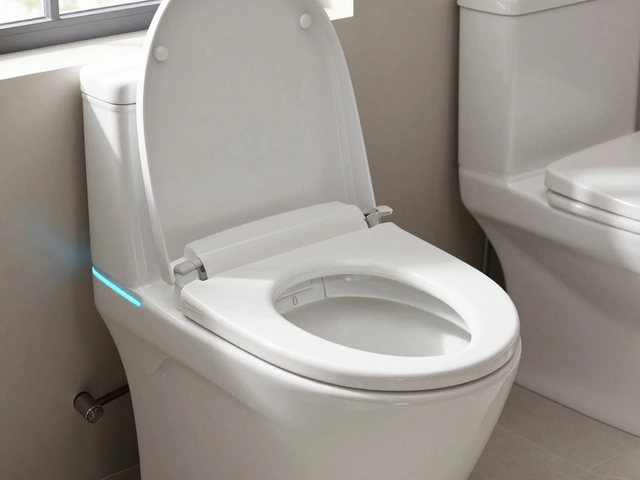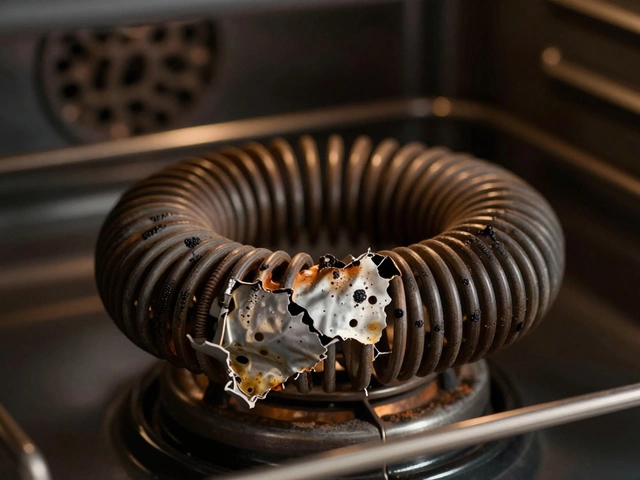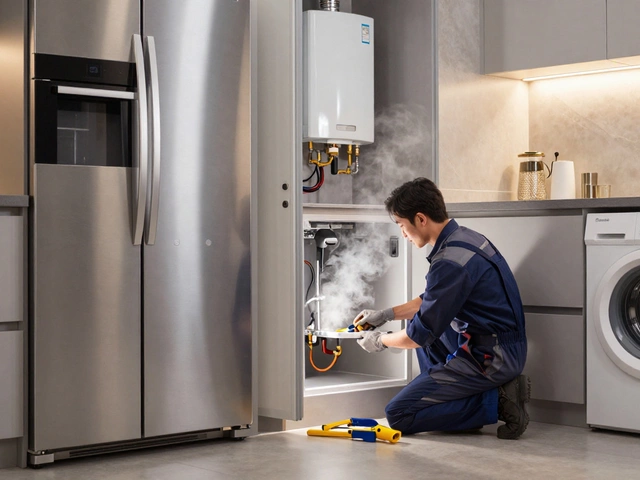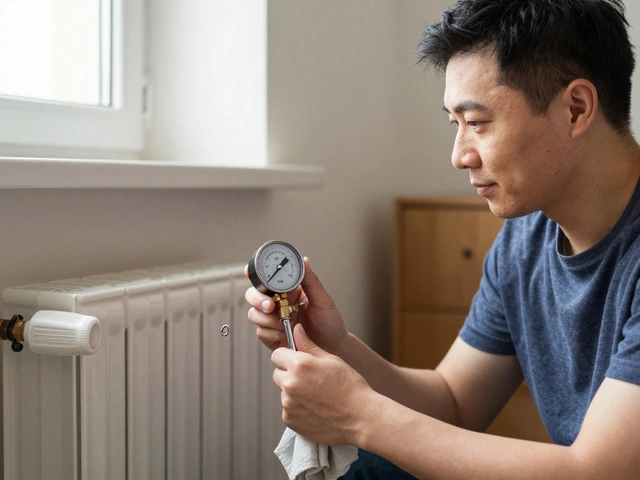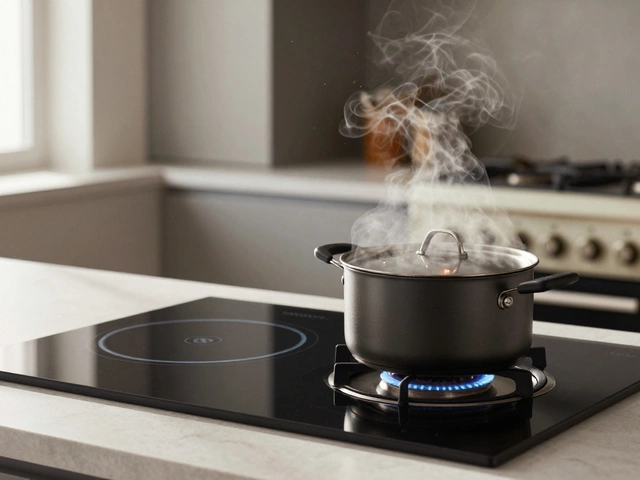Microwave Issues: What’s Wrong and How to Fix It
If your microwave suddenly stops heating, starts sparking, or makes strange noises, you’re probably wondering if you can sort it out yourself. The good news is that many common microwave problems have simple solutions you can try at home. The bad news? Some fixes need a qualified tech, especially when the magnetron or high‑voltage parts are involved. Below we break down the most frequent faults, quick DIY steps, and clear signs it’s time to call Hinckley Home Appliance Repair Services.
Typical Microwave Problems and DIY Fixes
Microwave won’t heat. The first thing to check is the door latch. If the door isn’t closing properly, the safety switch stops the oven from powering up. Clean the latch and the surrounding seal, then try again. If the door is fine, the next suspect is the fuse. Unplug the unit, locate the fuse (usually a small glass tube near the power cord), and look for a broken filament. Replacing a fuse is cheap and easy, but be sure to use the same rating.
Sparking or arcing inside. Lightly charred food or metal fragments can cause sparks. Remove the turntable, clean the interior with a mild detergent, and inspect the waveguide cover (the plastic piece above the magnetron). If it’s cracked or dirty, replace it – it’s a low‑cost part that stops arcing. Never microwave metal; even a tiny foil scrap can create a dangerous arc.
Turntable not rotating. Most models use a small motor underneath. Check that the roller guide is free of debris and that the motor’s gear isn’t stripped. If the motor hums but the plate stays still, the motor likely needs replacement. This is a bit more involved and may be best left to a professional.
Unusual noises – humming, buzzing, or clicking. A humming sound is normal; it’s the magnetron doing its job. If it turns into a loud buzz or repeated clicks, the magnetron may be failing. Magnetron failure is a classic sign that the microwave is beyond a simple DIY repair. Replacing a magnetron costs a fair amount and involves high voltage, so call a qualified technician.
Remember to always unplug the microwave before inspecting internal parts. Safety switches can hold a charge even when the unit is off.
How Long Do Microwaves Last and When to Replace
On average, a home microwave lasts about 8‑10 years. Heavy use, like daily reheating for a family of four, can shorten that lifespan. Keep an eye on three warning signs:
- Frequent breakdowns. If you’ve needed two or three repairs in a year, the unit is probably wearing out.
- Reduced heating efficiency. When food takes twice as long to heat, the magnetron is losing power.
- Visible corrosion or rust. Moisture inside the cabinet can damage electronics and make the appliance unsafe.
When any of these appear, weigh repair cost against the price of a new microwave (usually £80‑£150 for a mid‑range model). If the repair bill is more than half the cost of a new unit, replacement makes sense.
Regular maintenance can stretch your microwave’s life: wipe the interior after each use, avoid slamming the door, and keep the ventilation slots clear of dust.
If you’re in Hinckley and the issue feels beyond a quick fix, give Hinckley Home Appliance Repair Services a call. Our technicians know how to test magnetrons safely, replace faulty fuses, and decide when a replacement is the smarter move. We’ll get your microwave back to normal or advise you on the best new model for your kitchen.
Bottom line: many microwave hiccups are DIY‑friendly, but magnetron problems, persistent arcing, or repeated failures are best handled by a pro. Keep these tips in mind, and you’ll spend less time waiting for hot meals and more time enjoying them.
19 October 2024
·
0 Comments
Microwaves are essential kitchen appliances, but they can face various issues over time. Common problems include failure to heat, strange noises, and faulty buttons. Understanding these issues and knowing simple fixes can save time and money. With a bit of troubleshooting, many microwave problems can be resolved without professional help.
Read more

